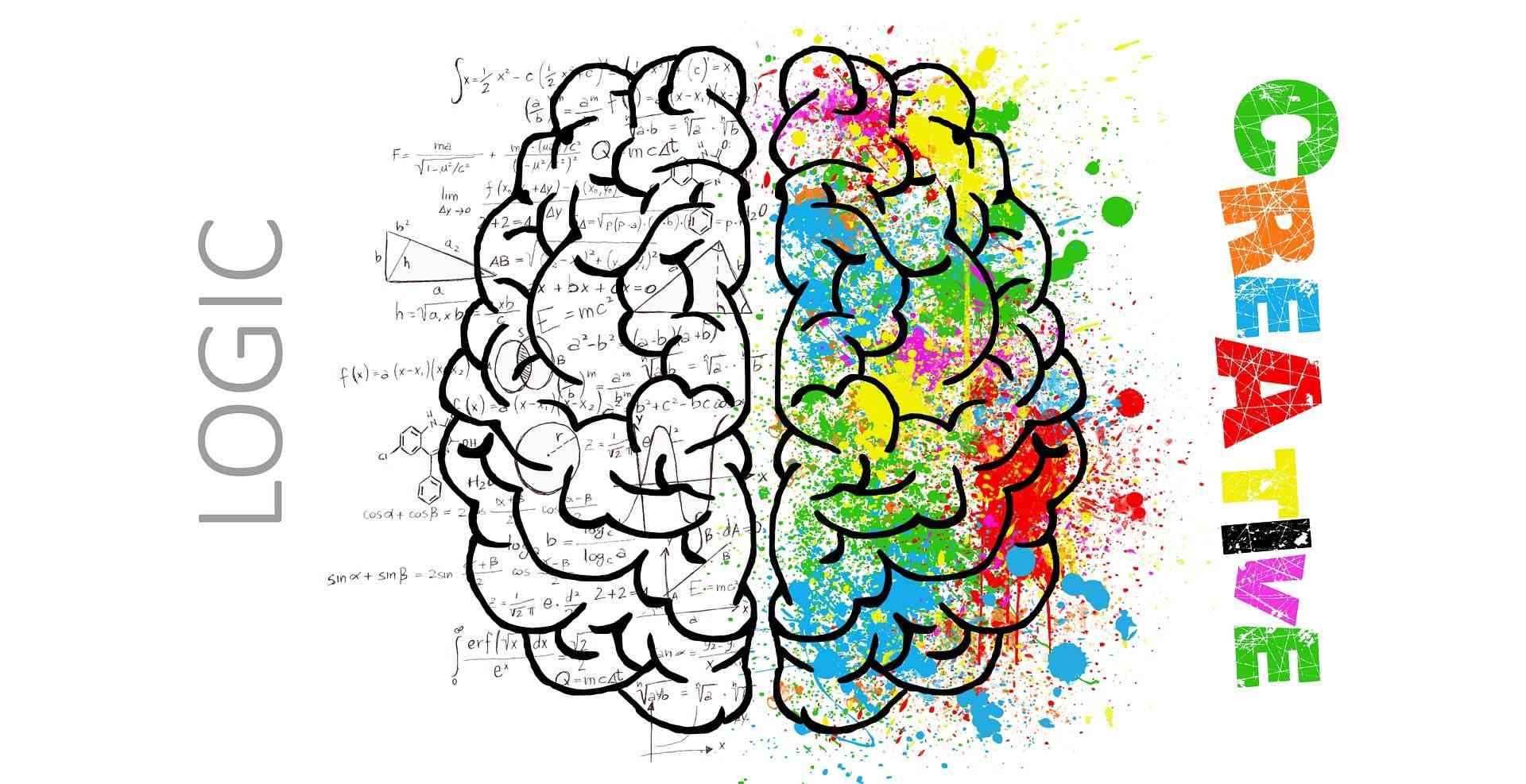The definition of good and evil
Goodness has been present in the universe since the beginning of its existence and creation. It is part of this universe and part of human nature that comes with it at birth, but the surrounding environment also affects good and evil. Suppose the environment surrounding any human being is good. In that case, the roots of good will develop within each human being, and if the human environment is evil, this will result in a man who carries within him many evils. This simple equation depends on the climate of each human being. An environment full of evil results in an evil person, and an environment full of good results in a good person.

But this equation may lack the element of free will. Every person chooses what they want to become, scientifically and philosophically. There is no absolute evil or absolute good. Every person has within them a proportion of evil and a proportion of good, so if one of them prevails over the other, it appears.
absolute evil
Before we talk about absolute evil, we must talk about the types of evil, which are divided into two types, namely, natural evil and human evil.
Natural Evil: It is the occurrence of bad things that are not made by man but rather by nature, such as diseases, natural disasters, earthquakes, volcanoes, floods, etc.
And this kind of evil we cannot control or control, as it is a natural thing in the universe, and it will not be under any human law or any human arrogance, as it continues with the existence of the universe.

Human evil is the evil that occurs as a result of wrong human decisions and affects society, nature, and even the person themselves.
- Absolute Evil: Does it really exist?
I believe that absolute evil does not exist at all, at least in the human race, for every human being, no matter how evil he is, has something good, even a little good.
If we understand this philosophy correctly, we can cure thousands of human problems by showing the qualities of goodness in a person who is technically "evil".

- Is there a cure for the problem of evil?
Unfortunately, there is no magical cure for evil, we are not in a utopia or in heaven. Evil exists in the world and will continue to exist until its end.
Philosophy of Opposites (Devils and Angels)
From a scientific point of view, good and evil existed in order to keep our savage nature under control. It was necessary to have opposites, such as well-embodied angels and evil embodied in Satan, and this is what makes human beings able to understand and act upon good.
It may be a little incomprehensible, but let's get the idea a little closer, that a person possesses a lot of evil and good. If he did not understand evil in a material way, it would be difficult for him to determine right from wrong.
The concept of right and wrong differed between times. In the pre-Christian era, killing children was not a bad thing. On the contrary, this would bring goodness to the child’s parents from God under the name of “infant infanticide,” disease, or evil for them..

The existence of the philosophy of "devils and angels" made these people distinguish between what is good and what is bad. The works of angels are good works that every person must strive to do, and the works of Satan must be avoided in order to reach the satisfaction of God.
Also, from a scientific point of view, a person may reach psychological satisfaction and happiness when he does good things and feel upset when they do something bad. This depends on the hormones that the body secretes in order for a person to feel happy or sad.
After we have studied good and evil from a scientific point of view, we must study them from the point of view of religions.

- Good and Evil (Angels and Devils)
There are many forms and perceptions of the embodiment of good and evil in all religions. In some religions, good and evil are not expressed in the form of angels and Devils. We will study the most famous religions from the ancient religions to the monotheistic religions.
- For good and evil, for the monotheistic religions
In the heavenly religions, the philosophy of good and evil is associated with punishment, reckoning, forgiveness, salvation, heaven, and hell. All of these things are considered rewards or punishments. If you worship God and abide by his moral commands, you will receive forgiveness and salvation, and if you do not abide by them, you will receive punishment either in your life or after your life.

In the three monotheistic religions, they believe in the existence of evil embodied in Satan and goodness embodied either in God or in angels. Satan had rebelled against the orders of God and deserved to be in Hell. Therefore, a person must stay away from evil and evil deeds and possess the morals that God commanded him to. Otherwise, he goes to hell and gets the punishment of Satan.
And that the angels are close to God because they obey Him in everything and do not disobey Him, and this is what makes a person do good deeds to be like angels in their morals and behavior, and obtain forgiveness and salvation.
- Good and Evil in Hinduism
Hindus believe in karma, which is the law of action and reaction. Every good deed you do will have a reward for you in the future. If you do anything evil, you will be punished either in your present life or in another life.

- Greek philosophy of good and evil
The Greeks' philosophy of loss and evil was very distinctive.
Sophist Protagoras: “Man is the measure of everything: therefore, everything that a person sees as good is good, and everything he sees as evil is evil, which is the oldest form of modern pragmatic philosophy.
It is believed that good and evil are what a person sees as good or evil, and it is not possible to determine if anything is evil or good except for the person themselves.
As for Socrates, the philosophy of goodness, the absolute good in existence is knowledge, and man is naturally born, and there is no evil within him.

As for the philosopher Plato a student of Socrates: he linked good and evil with the theory of “Forms”: “The world in which we live is a world full of errors, because it is the world of the senses only, and it is an unreal world, a changing world, and since it is changing, then it is full of evil and errors. While the world of good is the world of ideas, unchanging, unmoved, unmoved by time, the world of eternity, which is in the heavens, where he is the designer or the creator, and what man knows about the truth is nothing but its shadow.
And Aristotle’s philosophy of “cause and effect”: that any action a person does is for a specific purpose, but this action leaves an impact on things (the world around him), and thus we understand that there is a chain of influences in this world that has no end. These effects do not stop except in the case of the integration of all things together, so the best good in existence is working for the sake of this integration, meaning that the best good in existence is self-knowledge “meaning I know your shortcomings and your inner world so that you can fill it, that is, move it to the stage of non-imperfection, which is a stage of perfection.
Thanks for reading!
Sources:
[1] "Good and Evil: The Eternal Dualism", "Humanities Collaborative", "Apr 2021", Retrieved: 20/JAN/2022 https://humanitiescollaborative.utep.edu/project-blog/eternal-dualism
[2] "Celestial and noncelestial forms: relationships of beliefs in angels and demons to views of the cosmos", Linwood Fredericksen , Retrieved: 20/JAN/2022: https://www.britannica.com/topic/angel-religion/In-the-religions-of-the-East
Recommended reading:





